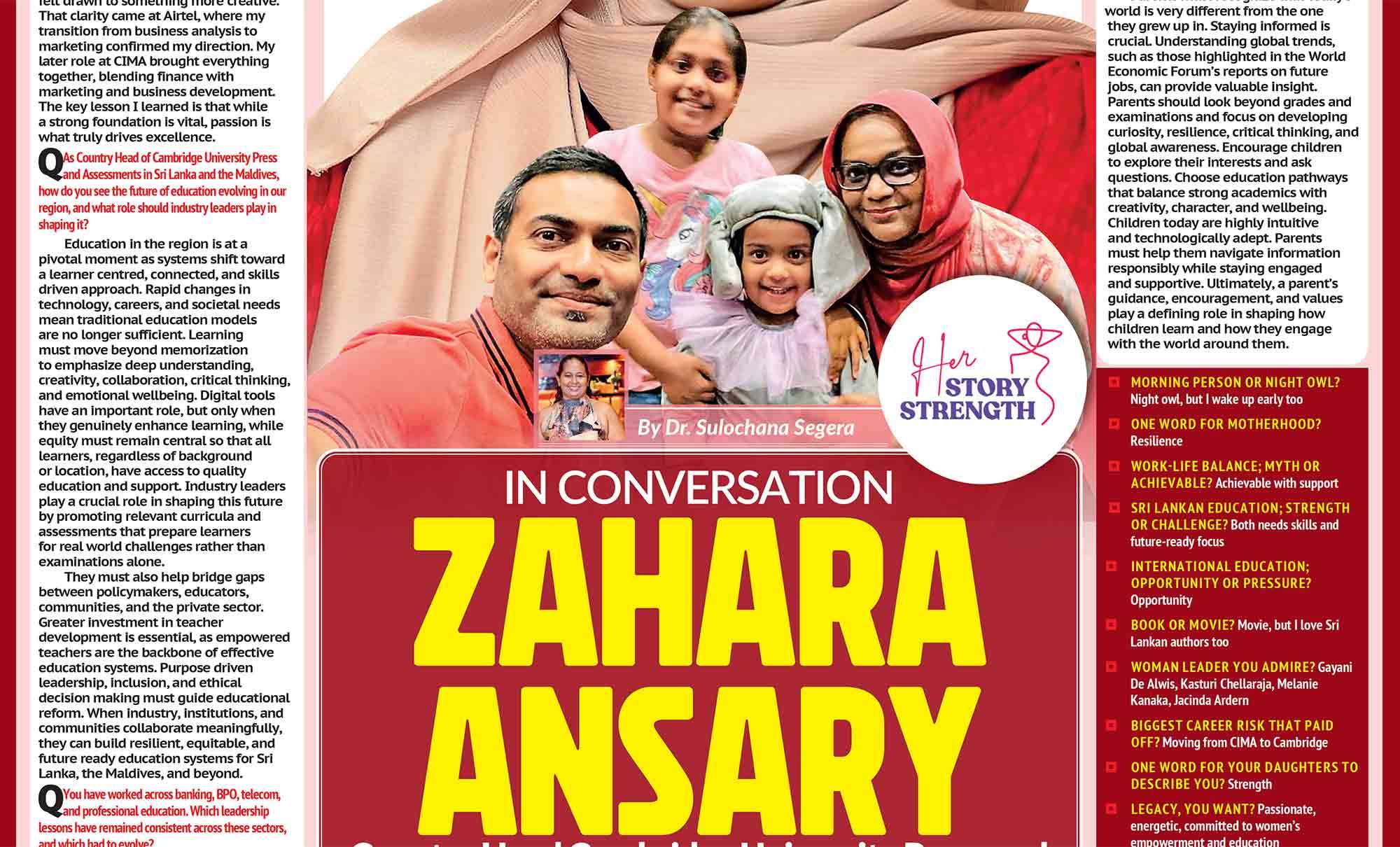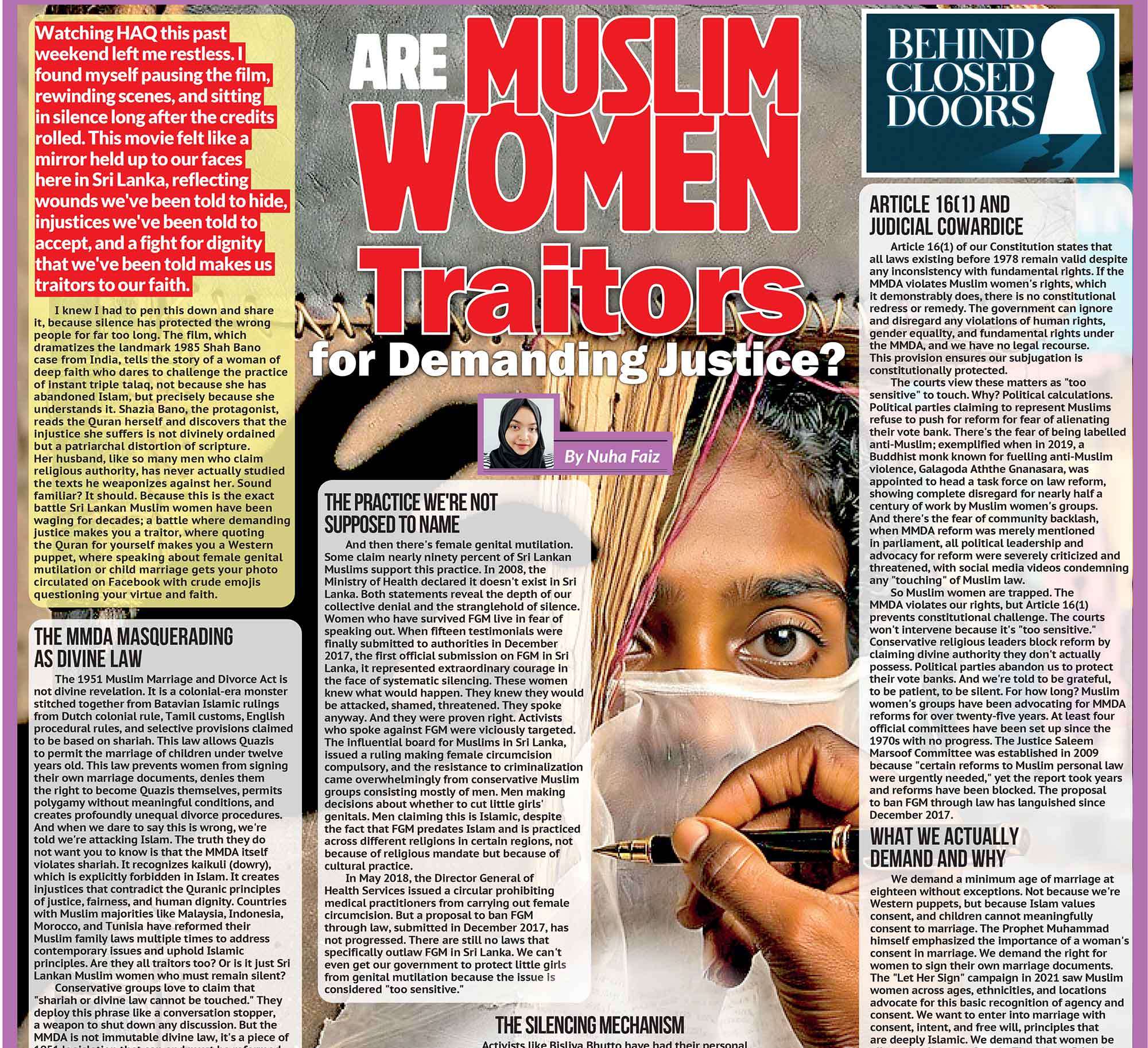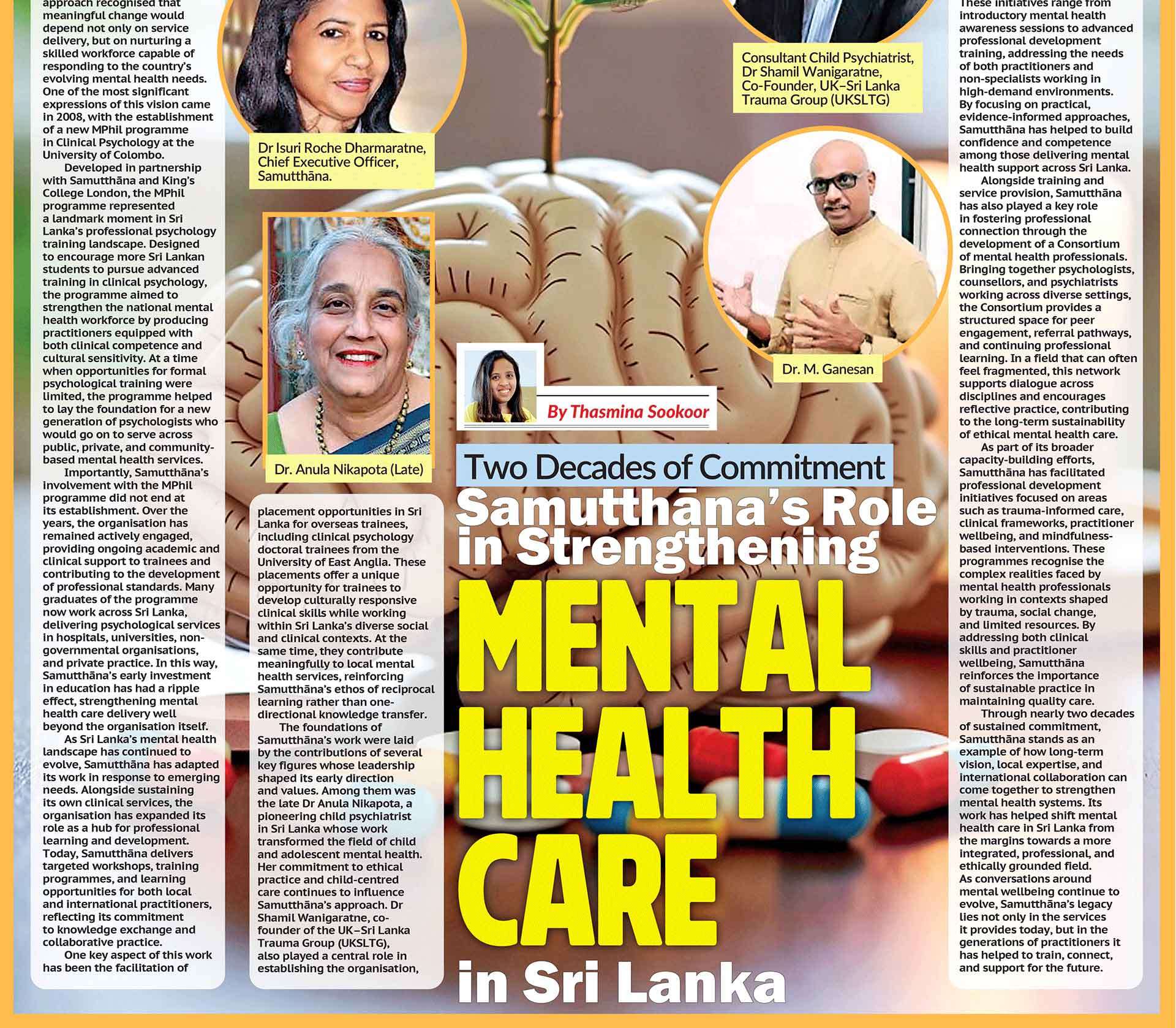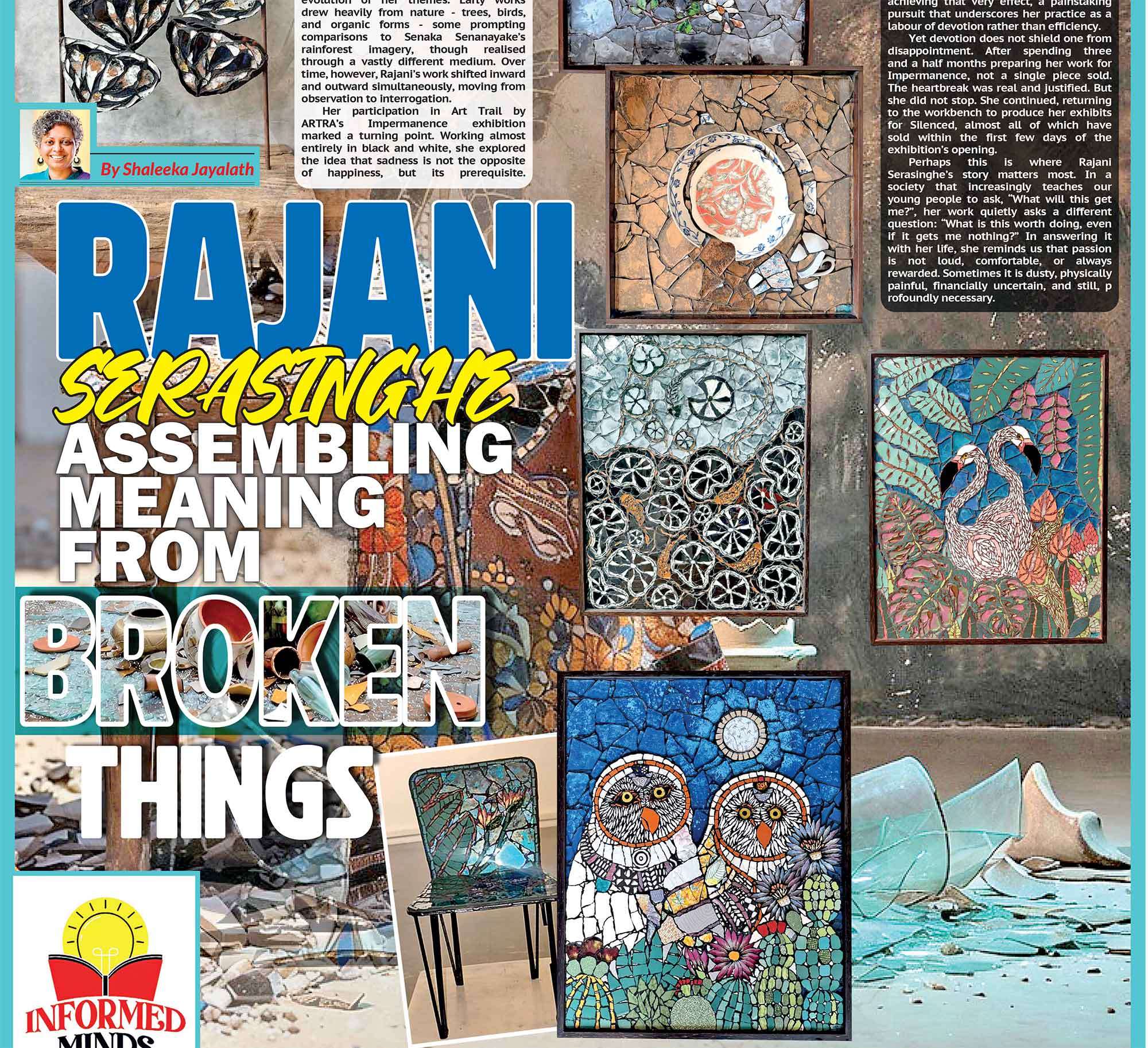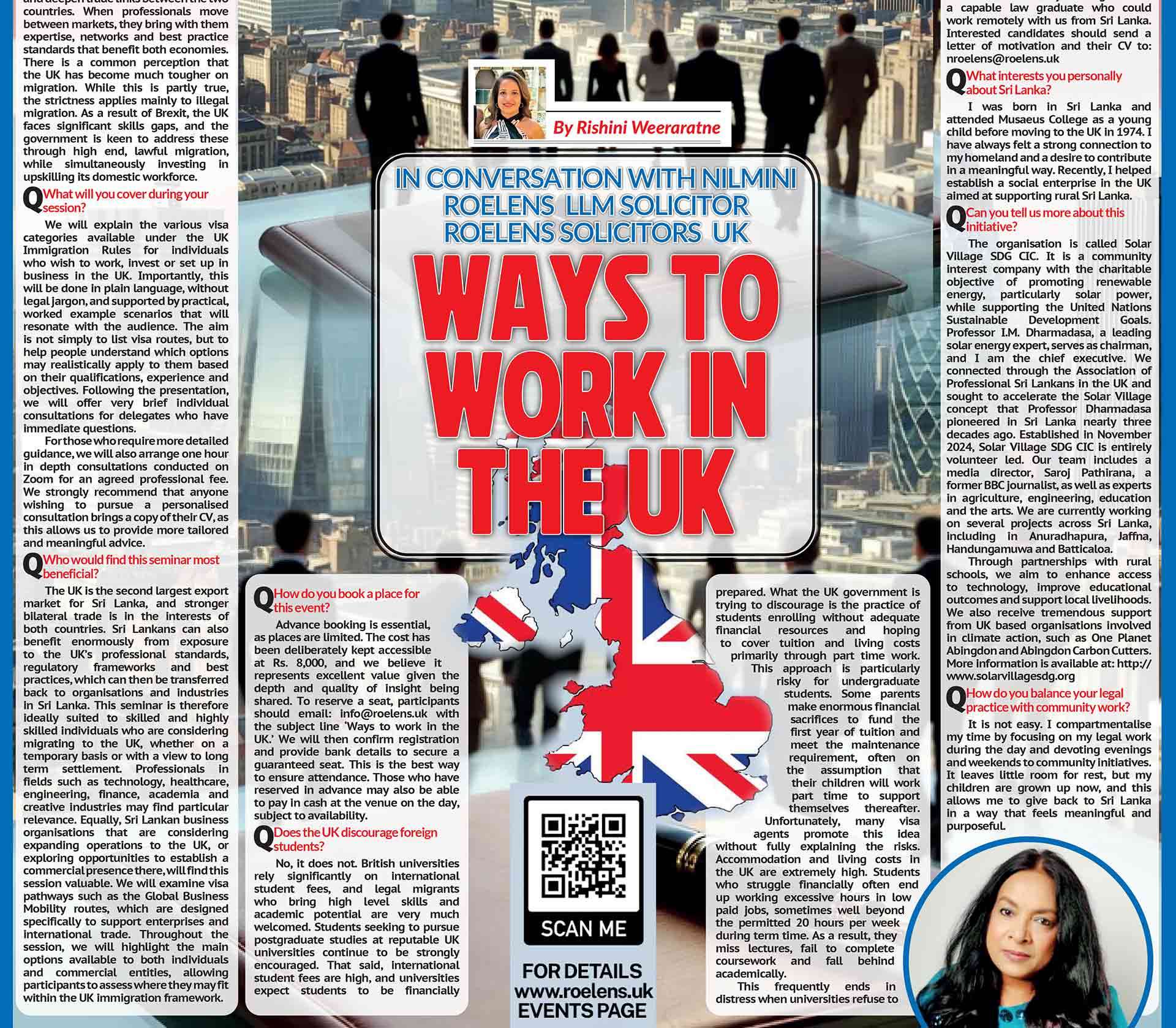Why Men Crave Each Other’s Validation More Than Anything

- This dynamic is evident in teenage socialization. Boys who cry are shamed. Boys who “pull girls” are cheered
 In nearly every corner of male behaviour, from gym culture to group chats, from the boardroom to bar banter, there’s one silent but powerful influence at play: the validation of other men. Often unconscious, always potent, this need for male approval quietly governs the way men dress, speak, date, and even process morality. Despite the public declarations of being “unbothered,” “alpha,” or “self-made,” many men are driven not by independence, but by an unrelenting desire to be approved by the brotherhood.
In nearly every corner of male behaviour, from gym culture to group chats, from the boardroom to bar banter, there’s one silent but powerful influence at play: the validation of other men. Often unconscious, always potent, this need for male approval quietly governs the way men dress, speak, date, and even process morality. Despite the public declarations of being “unbothered,” “alpha,” or “self-made,” many men are driven not by independence, but by an unrelenting desire to be approved by the brotherhood.
This isn’t just a harmless byproduct of male camaraderie. It’s a systematic structure, a homosocial hierarchy, where masculinity is constantly being policed, ranked, and earned in the eyes of other men. The result? A performative masculinity that thrives on insecurity, competition, and complicity. And tragically, it’s not just men who suffer from it, women are often collateral damage.
Masculinity as Performance;
for Men, Not Women
Sociologist Michael Kimmel defines masculinity as a “homosocial enactment,” a performance evaluated and rewarded by other men. In Guyland, Kimmel argues that most men aren’t trying to impress women; they’re trying to impress other men through women. A man’s girlfriend becomes a symbol of status. His wealth, his muscles, his dominance and aloofness are social signals, currency to be spent in male circles.
Traditional masculinity is built around certain non-negotiable traits: physical dominance, sexual conquest (the worst one), stoicism, and assertiveness. But these traits are often performative. They’re about being seen, admired, and not excluded. Men will wear themselves down at the gym, deny themselves emotional expression, and act indifferent in relationships, all to win approval from other men who are performing the same charade.
Peer Pressure and Addiction to Male Validation
The power of peer validation is not subtle; it’s neurological. A 2013 study in The Journal of Neuroscience revealed that the reward centres of the brain light up more when receiving praise from same-gender peers than from the opposite gender. In short: male praise literally hits harder.
This dynamic is evident in teenage socialization. Boys who cry are shamed. Boys who “pull girls” are cheered. Boys who show empathy are mocked.
These behaviours are reinforced in adulthood in more sophisticated forms: strategic silence when friends act inappropriately, competing over income and status, dismissing romantic vulnerability as “being whipped.”
It’s a vicious cycle. The more a man conforms to male-coded behaviours, the more he is rewarded. The less he conforms, the more he is penalized; not by women, but by men.
Complicity in Disbelieving Women
This obsessive loyalty to male approval doesn’t end in the gym or on group calls. It invades moral territory, especially when women speak out. One of the most damaging effects of the male validation complex is how it leads men to believe and defend each other, even when one of them is clearly wrong.
When a woman accuses a man of abuse, cheating, harassment, or manipulation, male peers often instinctively rush to defend him, not because they know the truth, but because male solidarity is more sacred than a woman’s truth. The phrase “he’s not like that” is less about evidence and more about a reflex to protect the brotherhood.
In 2019, a study published in Violence Against Women found that men were significantly more likely to doubt the credibility of female victims of sexual assault than women were, and that they were also more likely to believe accusations were exaggerated or false if the accused was someone they knew. That is not neutral scepticism. It’s gendered allegiance.
And it’s not rare. Think of how quickly male celebrities are defended by male and female fans, even when there is video evidence. Think of how many men in group chats stay silent when one of their friends brags about sleeping with someone who was intoxicated or emotionally unavailable. Think of how many fathers doubt their daughters but believe their sons. Think of how many women have heard, “You must be overreacting.”
Men don’t just seek each other’s validation; they weaponize it. They use it to form protective shields around each other’s misconduct, brushing off manipulation as charm, gaslighting as confidence, or assault as a “misunderstanding.” They rewrite narratives to protect their place in the male circle, even if it costs someone else her dignity, her truth, or her safety.
The Emotional Starvation of Brotherhood
What makes this even more tragic is that male validation rarely provides the emotional nourishment men think it will. According to psychologist Niobe Way, who spent over a decade interviewing adolescent boys, most young boys describe their male friendships in intensely emotional terms. They love their best friends, trust them deeply, and feel safe with them. Yet by late adolescence, this intimacy disappears. Boys begin to distance themselves from emotional closeness, fearful of being perceived as “gay,” “soft,” or “less of a man.” By adulthood, many men are emotionally isolated, starved for affection, and unable to form vulnerable connections with their closest male friends. And so, the only form of validation left is surface level: admiration for success, applause for aggression, laughter at objectification. They perform because they’re starving, and the performance is the only way they know how to be seen.
How It Shapes Romantic Relationships
When the male gaze turns inward, when men view themselves through the lens of other men, it has toxic consequences for relationships. Women often find themselves treated as props, prizes, or obstacles rather than people. Emotional labour becomes one-sided. Affection is minimized. Vulnerability is rationed. A woman may receive flowers and texts, but she rarely receives the full self because the man is saving that self for male approval. Worse, men often sabotage their relationships to protect their standing with other men.
They ghost instead of communicating. They cheat and call it “freedom.” They avoid commitment and call it “standards.” But behind those choices is fear, not of intimacy, but of male judgment. Men in healthy, loving relationships may downplay them in front of male friends to avoid being labelled “whipped.” Emotional repression becomes the currency of credibility, and women pay the emotional cost.

Enough Excuses: The Time for Accountability
Yes, patriarchy taught men to be like this. Yes, media reinforced it. Yes, it’s hard to unlearn decades of socialization. But these are explanations, not excuses. Men are not mindless victims. They are participants. They can make different choices. It is not enough to say “not all men” while staying silent when your friend is abusive. It is not enough to post a thread about male mental health while mocking men who cry. It is not enough to support feminism in theory and dismiss women in practice. Accountability is not an aesthetic; it’s a responsibility. Male validation is a disease, but it’s also a choice. And until men stop centering each other’s opinions, they will continue to build a world that silences women, isolates themselves, and mistakes performance for purpose.
Toward a Better Brotherhood
Male friendship isn’t inherently toxic. Male bonds aren’t the enemy. The problem is how these bonds are used, to exclude, to silence, to dominate. But what if men remade those bonds into something softer, braver, freer? Imagine a brotherhood where men applauded each other for being honest. For going to therapy. For apologizing. For walking away from a fight. For believing women. For asking for help. For not performing. That brotherhood would be a revolution. And it starts with one man asking himself: Who am I when no one is watching? And who am I when only men are?



